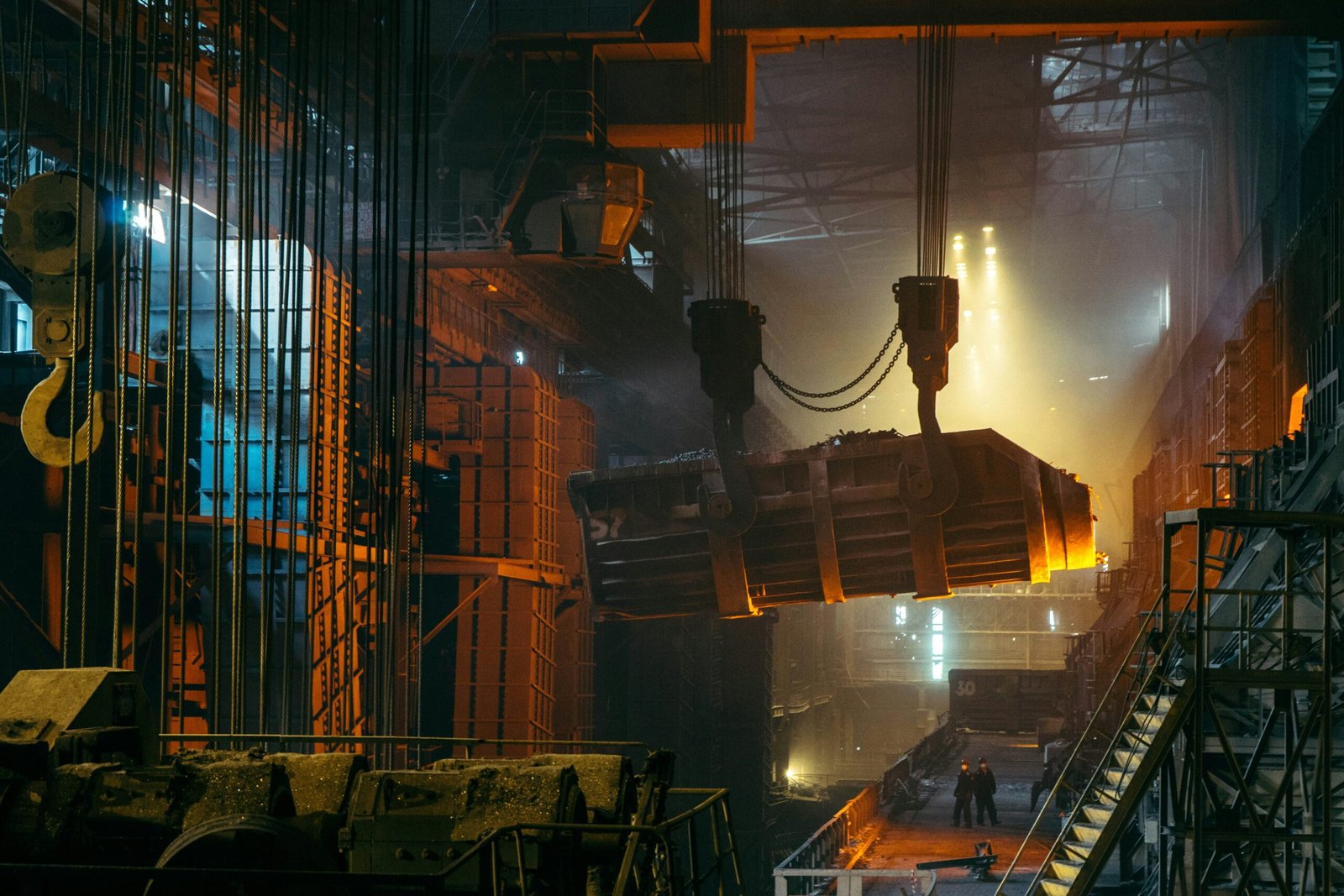The Role of Automation in Enhancing Manufacturing Efficiency

Automation has become a cornerstone of modern manufacturing, enabling businesses to streamline production processes, reduce human error, and increase overall efficiency. From assembly lines to quality control, automated systems are transforming how manufacturers operate, allowing them to produce more goods at a faster rate with fewer resources.
One of the most common forms of automation in manufacturing is the use of robots on the assembly line. These robots can perform repetitive tasks such as welding, painting, or packaging with precision and speed, which significantly improves production rates. Unlike human workers, robots do not require breaks or shifts, making them highly cost-effective in the long run.
Automation also plays a crucial role in improving quality control. Vision systems equipped with cameras and sensors can inspect products in real-time, ensuring that only items meeting the highest standards are released to the market. This not only reduces the likelihood of defective products reaching customers but also minimizes waste caused by human error.
Another major benefit of automation is the ability to collect and analyze data during the production process. Advanced analytics can provide insights into machine performance, product quality, and supply chain efficiency, allowing manufacturers to make informed decisions that optimize operations.
In conclusion, automation is essential for manufacturers looking to improve efficiency, reduce costs, and stay competitive in an increasingly automated world. By integrating automation technologies, businesses can increase their productivity, enhance product quality, and ultimately boost profitability.
